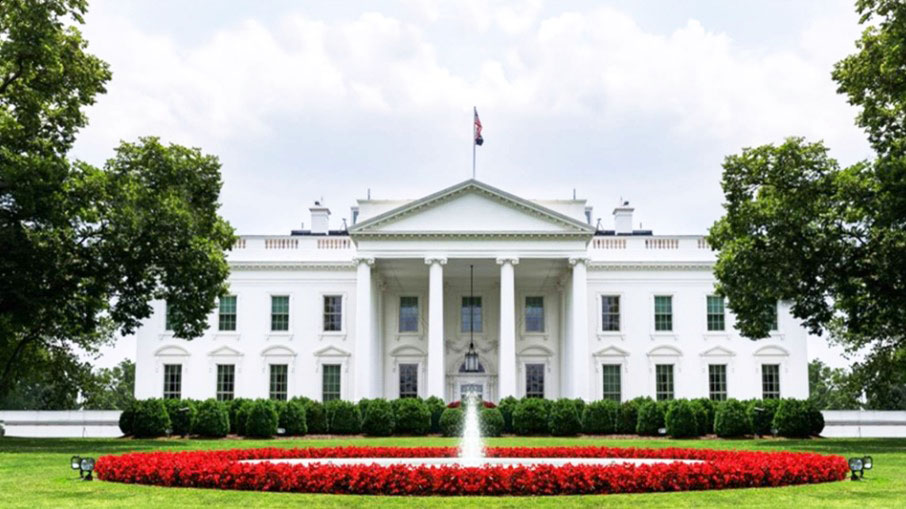
US Administration Efforts on Sudan in 2025
Moatinoon - News Report
The actions and statements issued by the US Department of State in 2025, which include the participation of high-level officials such as Secretary Marco Rubio and Ambassador Dorothy Shea, as well as Deputy Secretary of State Christopher Landau and Senior Advisor for African Affairs Massad Boulos, demonstrate a clear and multifaceted US commitment to addressing the crisis in Sudan, which is viewed as a pressing conflict affecting regional and global stability. These efforts can be summarized in the following main points:
High-Level Attention
The direct engagement of Secretary of State Marco Rubio in bilateral and multilateral meetings, and his discussion of the Sudanese issue with his counterparts (such as the Egyptian and Emirati foreign ministers), reflects the importance the Sudanese issue holds at the highest levels of US diplomacy. Recent reports indicate that Secretary Rubio intends to convene a meeting of the foreign ministers of the Quartet soon to activate regional coordination mechanisms and push for a solution to the crisis.
Specialized Government Engagement
The presence of Deputy Secretary of State Christopher Landau in meetings with ambassadors from key countries regarding the conflict in Sudan demonstrates that US interest in the issue extends below the level of the Secretary of State, indicating the presence of a dedicated and engaged team.
More importantly, the participation of Massad Boulos, currently President Trumps Advisor for Africa, confirms that the White House itself (either Trump himself or his circle of influence) is directly involved in these efforts. This gives an additional political dimension to the efforts and indicates interest and support from the highest political levels in the United States, outside the traditional purview of the State Department, in addressing the Sudanese crisis.
Multilateral Action and International Coordination
The United States participation in the G7 meetings and discussions on the conflict situation in Sudan, followed by the issuance of joint statements supporting a lasting peace and coinciding with the second anniversary of the outbreak of the war, demonstrates a commitment to collective diplomacy.
In the same vein, Ambassador Dorothy Sheas statements at the UN Security Council emphasize the United States use of UN platforms to mobilize international support and highlight the crisis in Sudan and South Sudan.
Focus on Ending the Conflict and Achieving Sustainable Peace
The primary goal echoed in the G7 statements is "supporting lasting peace in Sudan," indicating a US effort toward a comprehensive political solution that ends the current conflict and establishes long-term stability.
Addressing the Humanitarian Dimensions of the Crisis
The condemnation of the recent attack on a UN humanitarian convoy in Sudan reflects clear US concern about the devastating impact of war on civilians, the need to protect aid workers, and ensuring unhindered humanitarian access.
Activating Regional Partnerships
Meetings with ambassadors and foreign ministers of regionally influential countries (such as the UAE, Saudi Arabia, and Egypt) demonstrate that the United States views these countries as essential partners in any effort to resolve the Sudanese crisis, given their influence and capacity to influence the region.
The Gap between Diplomacy and Direct Influence
Despite the apparent intensity of high-level diplomatic engagement and international and regional coordination on Sudan in 2025, it is important to note that these efforts have not yet had sufficient tangible impact on the ground. The question remains as to whether these efforts will actually lead to real solutions that end the humanitarian suffering and ongoing conflict.
This gap is exacerbated by other factors, most notably the reduction or cancellation of most of the aid provided by the United States Agency for International Development (USAID). This aid reduction has had direct and extremely negative consequences, leading to:
Worsening of the humanitarian crisis
The decline in financial and in-kind assistance has significantly reduced the ability of humanitarian organizations to provide for the basic needs of Sudanese internally displaced persons and refugees inside and outside the country.
Refugees and IDPs, who rely heavily on this aid for their survival, now face even greater challenges in accessing food, water, shelter, and healthcare.
This discrepancy between intense diplomatic activity and the restrictions on actual humanitarian support raises serious questions about the comprehensiveness and effectiveness of the US strategy in Sudan. The true success of diplomatic efforts will ultimately be measured by their ability to translate these efforts into tangible improvements in peoples lives and a real cessation of conflict on the ground.

